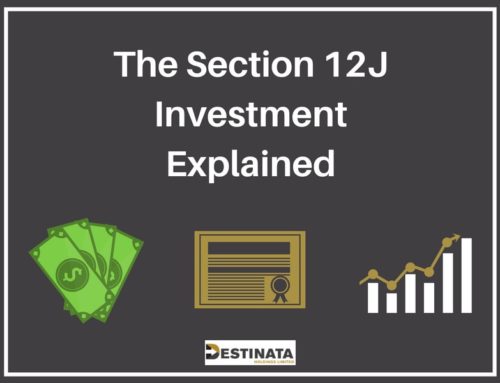When transacting on behalf of a Trust, it is imperative to familiarise yourself with and to take the following factors into account:
1. Are you a Trustee or an agent of a Trust?
2. What powers and duties do you have in terms of the Trust Deed, Trust Property Control Act or Resolution?
One must distinguish between a Trustee and an Agent of a Trust. A Trustee is authorized by the Master of the High Court in terms of section 6 of the Trust Property Control Act 57 of 1988, by way of a Letter of Authority issued by the Master of the High Court. The Trustees must act in terms of their powers set out in the Trust Deed and duties imposed by common law.
All decisions made by the Trustees should be unanimous. When a Trust Deed makes provision for the delegation of powers, the delegation does and should not relate to areas where the exercise of a discretion is called for by the Trustees in carrying out their duties of management and control. This accords with the principle that the fundamental decisions relating to the Trust need to be taken by the Trustees. Even though the implementation of such decisions may be delegated to others, the responsibility ultimately remains with the Trustees.
In Niewoudt and another NNO v Vrystaat Mielies (Edms) Bpk 2004(3) SA 486 (SCA) the Court stressed the importance that decisions regarding the Trust should be reached unanimously by the Trustees as the Trustees are in joint control of the Trust assets. The Court held that Trustees can however delegate powers to a single Trustee to act, this decision must be reduced to writing and signed by all the Trustees of the Trust.
An Agent on the other hand is appointed by the Trustees of the Trust, to act on a decision already made by the Trustees. Thus the Trustees make the decisions jointly and may appoint an Agent to execute the decisions. The appointment of an Agent as well as the specific action/mandate must be reduced to writing and signed by the Trustees. The Agent is then authorized to perform the specific actions, in terms of the Resolution.
This brings me to another important point. I often receive Trust Deeds drafted by other institutions which makes provision for “Alternate Trustees”, whereby a Trustee delegates its powers to an independent third party, when it is unable to fulfil its duties. A Trustee cannot delegate its discretion vesting in it by law.
Any decisions made and transactions done on behalf of a Trust, where an Alternate Trustee participated, is invalid and of no force and effect. Only the Trustees authorised by the Master of the High Court may act and transact on behalf of the Trust.
If a Trustee is unable to fulfil its duties at any point in time, the Trustee should resign from its office and the remaining Trustees should appoint another Trustee.
In Strydom v Roodewal Management Committee and Another 1958 (1) SA 272 (O) the Court found that where the identity, personal attributes and skill is of material importance to perform, delegation of powers is not permitted.
In summary, a Trustee is authorized by the Master of the High Court with specific powers and duties. An Agent is appointed by the Trustees of a Trust to execute a unanimous decision made by the Trustees.
Speak to your Trust Advisor to ensure your Trust Deed is in alignment with South African case law and that you as Trustee act in accordance with your prescribed powers.
Contact Treasury Trust Services here.
Source: http://www.treocmedia.com/coert-coetzee-treoc-contracting_on_behalf_of_a_trust-620-629





